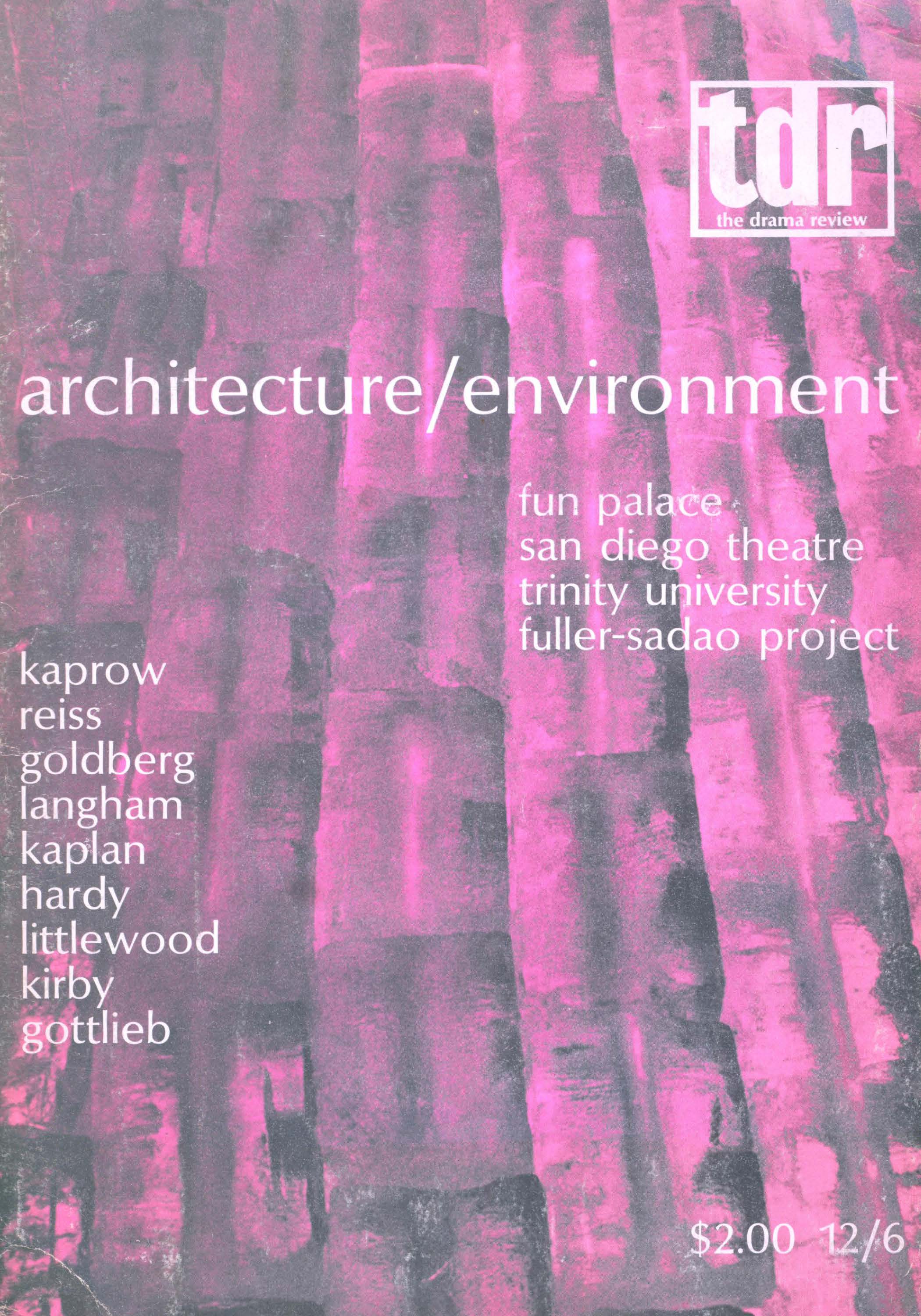Article contents
Extract
During recitals of simultaneous poetry of the most incomprehensible kind, we attacked the art-loving, Boulevard public with toy guns, toilet paper, false beards, and the poetry of Wolfgang Goethe and Rudolf Presber … Under the motto “Art is shit!”, the Dadas began their demolition … (of bourgeois culture).
Erwin PiscatorIn the years 1918, 1919, and 1920, the Berlin Dada movement, mounting less than thirty productions, exerted a formidable, if indirect, influence over the development of the German theatre. This influence would later lead to the dismantling of Expressionism as the dominant theatrical force in Central Europe. Retooling the theories and performance techniques that they inherited from the Futurists and the Zurich Dadas to their own specifications, the Berlin Dadas introduced the use of pure—onomatopoetic or vowel—sound and abstract movement, improvisation, simultaneous and illogical actions, verbal and physical assault on the spectator, antiillusionist scenic design, and the incorporation of popular entertainments, such as cabaret acts and cinema, into German performance.
- Type
- Historical
- Information
- The Drama Review , Volume 18 , Issue 2: Rehearsal Procedures Issue and Berlin Dada , June 1974 , pp. 114 - 124
- Copyright
- Copyright © 1974 The Drama Review
Footnotes
Title photograph is of Wieland Heartfield, demonstrating the Dada-Slogan “Every Man is His Own Football.”
References
* Richard Huelsenbeck: Weltdada, Meisterdada; Raoul Hausmann: Dadasoph; George Grosz: Böff, Dadamarshal, Propagandada; Johannes Baader: Oberdada; John Heartfield: Monteurdada, Mutt; Walter Mehring: Walt Merin, Pupi-Dada; Gerhard Preiss: Music-Dada; Wieland Herzfeld: Vize.Even the unofficial members took Dada-names—Otto Schmalhausen: Dada-Oz, Dr. Otto Burchard: Finanz-Dada, and H. H. Stuckenschmidt: Music-Dada II.
The author would like to thank John Houchin, Inga Kohwaian, James F. Brown, Peter Grosz, and Walter Mehring for their assistance.
- 3
- Cited by




